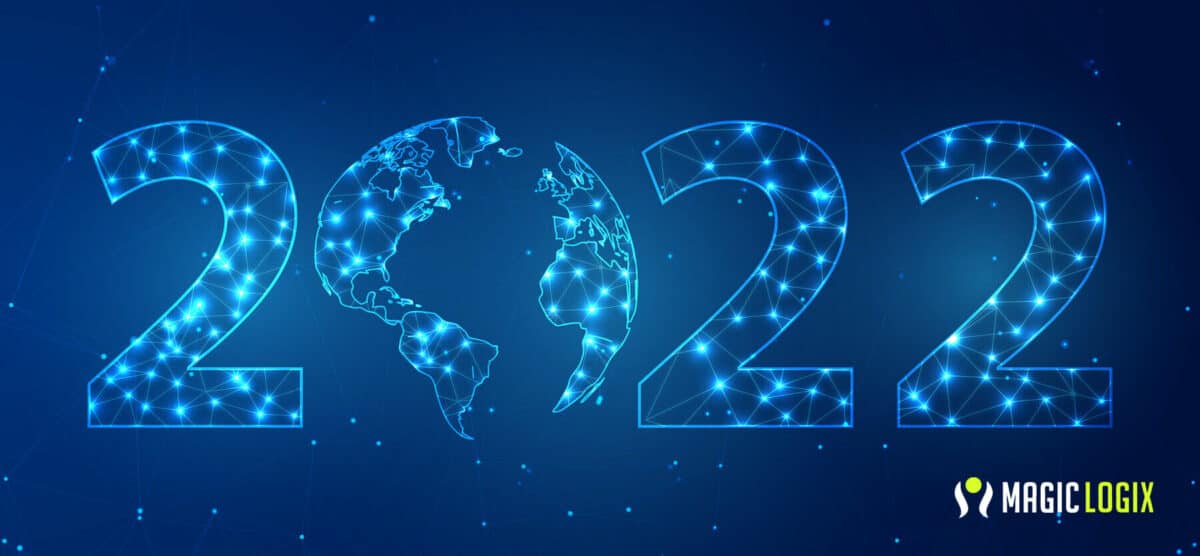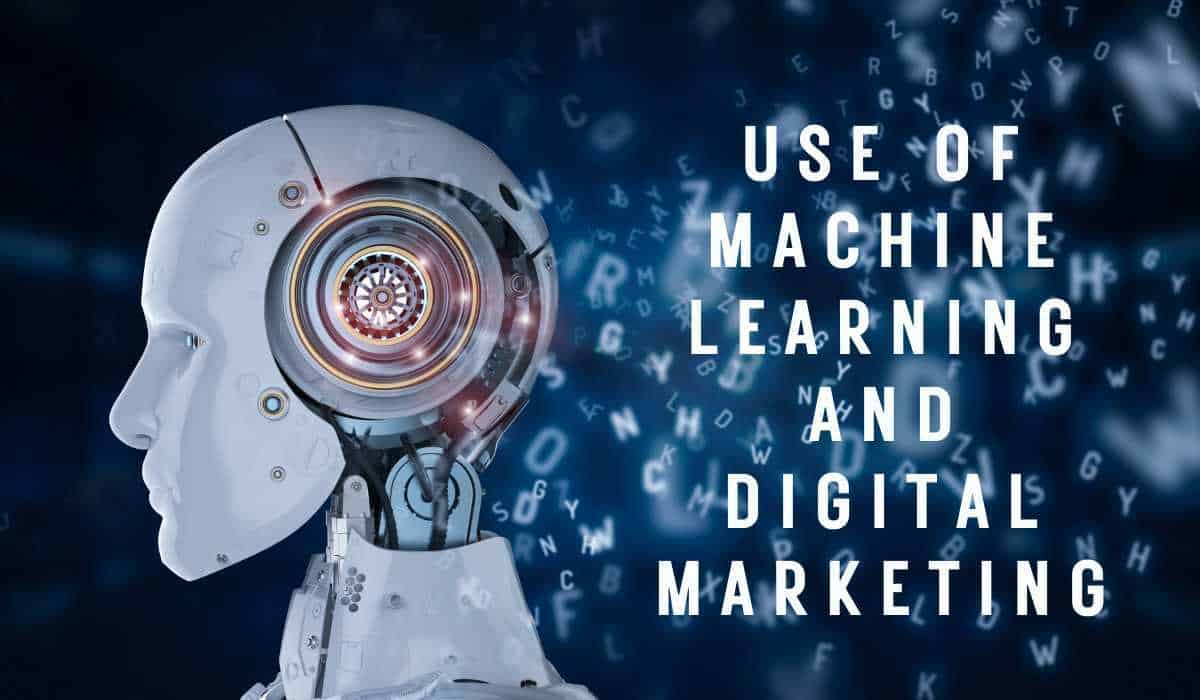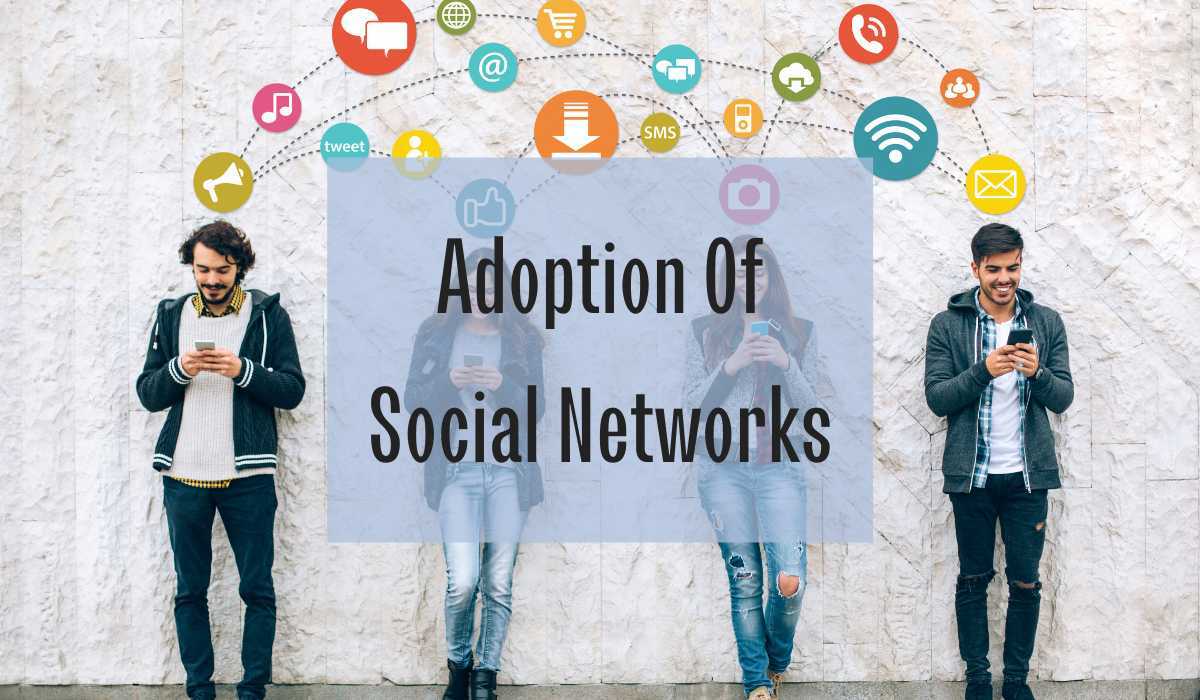Digital marketing changes so fast you can barely keep tabs on what is happening. Compared to about ten years ago, you can agree that a lot has happened.
This has left many wondering what the future holds for internet marketing and whether there will be any future to talk about. Will digital marketing still be relevant, say 15 or 20 years from now?
The short answer is, yes. Digital marketing is very real and will only be more interesting in the future. In this guide, we explore some of the reasons why we think digital marketing has a bright future and what you should do to keep up.
5 Reasons Why the Future of Digital Marketing is Real
We can think of multiple reasons why digital marketing would still be highly relevant a century from now. Some of these reasons include:- The ever-growing number of internet users
- Cost-effectiveness of digital marketing
- The use of AI and augmented reality
- The ability to measure results
- The ability to get instant feedback from customers
More People Are Going Online
The number one reason why we think the future of digital marketing is very real is that more and more people are using the internet. According to reports from DataReportal, there are currently around 5.03 billion people on the internet globally. That is about 63.1% of the total world population! This presents a huge opportunity for the digital marketing landscape to grow. Brands can take advantage of this online audience to grow their businesses and reach even more people than they would have with traditional marketing. This means that even as we go into the future, more businesses will be going online to tap into ready markets. As a result, digital marketing will become even more robust.Digital Marketing is Cheaper
Traditional marketing is very expensive. There is no doubt about that. Many marketers now agree that it is much more cost-effective to develop and run digital campaigns. For one, there are many free tools online you can use to create a digital campaign. This means you won’t be spending a lot on hiring graphic designers and paying for prints. The fact that digital marketing is more targeted also means that it has a higher ROI than traditional marketing. For this reason, more companies will be switching to digital marketing as they seek to strike a good balance between ad spending and profitability.Digital Marketing Provides Higher Engagement
It is nearly impossible for users to engage with traditional marketing campaigns. This is where digital marketing wins big. Because of ad targeting, online users are more likely to see marketing material that they relate to. This means that they will likely engage with that material and potentially turn into a prospect. In fact, according to Lyf Marketing, more than 50% of marketers prefer digital marketing because of the higher levels of customer interactions. Social media marketing also allows consumers to directly interact with a brand through clicks likes, shares, and comments. Because of this high level of engagement, more brands and marketers will choose digital marketing, making it even more popular in the future.Digital Marketing is More Measurable
Digital marketing provides a wealth of analytics that you can use to create more effective campaigns. There are many marketing tools that you can use to collect and analyze data in order to create more targeted marketing content. In other words, digital marketing lets you track your campaigns and measure results. This is hardly the case with traditional marketing where you create something, put it out there, and hope it meets the right people. By analyzing results and adjusting your marketing efforts, you play a more clear-sighted marketing game and get your money’s worth. This is one of the biggest reasons why we think more people will prefer digital marketing in the future as opposed to print, radio, or television marketing.Digital Marketing Can Use AI
The future of digital marketing will potentially revolve around artificial intelligence (AI). This means that marketers will be able to create more targeted advertisements, increase engagement and create AI-generated content. AI can also be used to identify potential micro-influencers, collect critical customer relationship management (CRM) data, and bolster content marketing. By the fall of the decade, we will have even more powerful AI tools for digital marketers.Future Digital Marketing Trends to Look Out For
As you can see, digital marketing will only be bigger and better in the future. This means that you need to start creating a future-proof digital marketing strategy, so you don’t get left behind. Below are some of the ways you can keep up with future digital marketing trends and practices.- Focus on voice search – Forbes estimates that 76% of American consumers are already using voice search to find information online. This will be even bigger in the future.
- Use micro-influencers – Recent reports show that micro-influencers are becoming more effective than big celebrities and they could be the future of digital marketing.
- Don’t forget video – Video marketing is going to be huge in the future. Focus on shorter videos for TikTok and Instagram reels because a lot of people seem to prefer them.
- Tap into Augmented Reality – A huge percentage of companies will be using AR devices in the future to create more engaging marketing content and CRM technology.
Final Thoughts
It is no doubt that many companies are ditching traditional marketing for digital marketing. The digital marketing landscape is growing fast and will be even robust in the future. To keep up, make sure that you focus on voice and video marketing, work with micro-influencers, and incorporate augmented reality to tremendously boost your marketing efforts. Simply put, digital marketing has evolved from being just an add-on to now an “essential”. It’s the bread and butter of every business in 2022 that takes maximizing reach and conversions any seriously.
Hassan Bawab, CEO of Magic Logix digital marketing agency, is a leader in cutting edge technology, digital marketing consultant and an innovative speaker/writer. He is the author of “How to Work with a Digital Marketing Agency” and has written numerous articles on automation technologies that have become industry dogmas.
Mr. Bawab holds degrees in Computer Science, Mathematics, Technical Writing and Marketing, in addition to several marketing and programming certifications.











